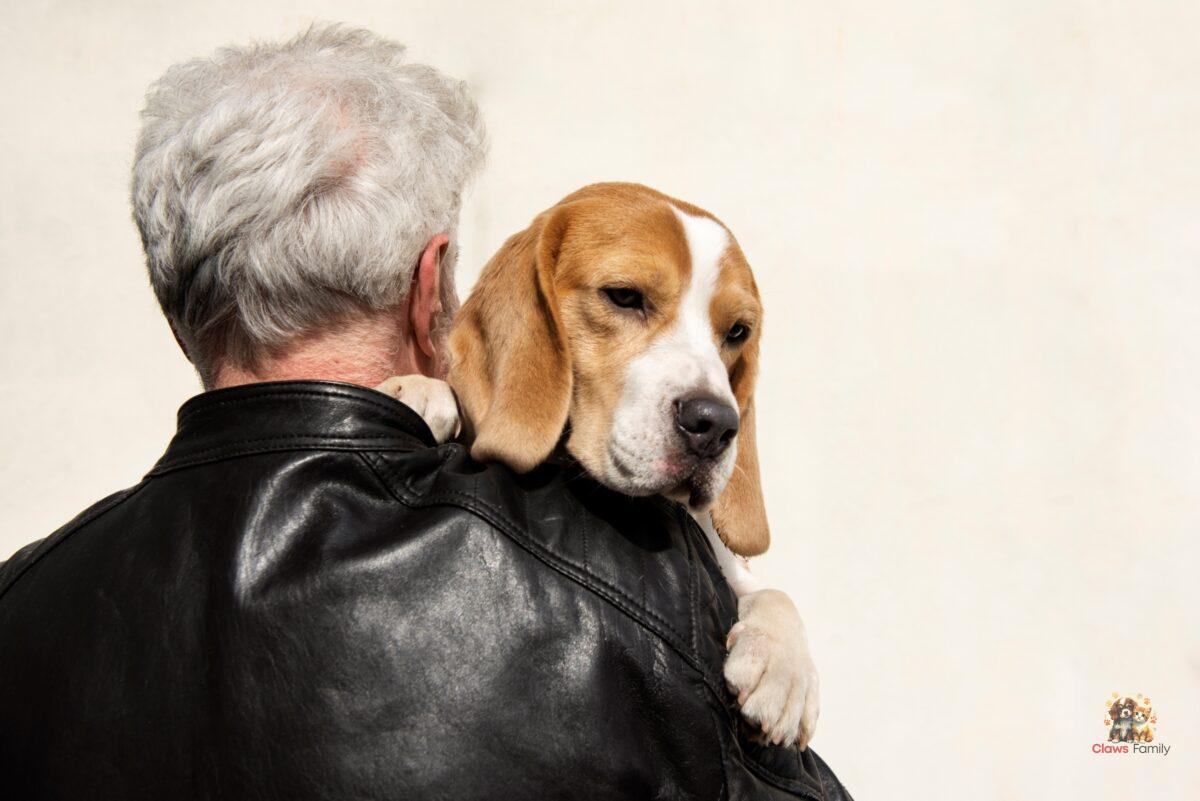When your elderly dog starts showing signs of labored breathing, it can be a source of concern. This symptom, known as dyspnea, can have various causes ranging from advanced age to more serious health problems. In this article, we'll explore the possible reasons why an elderly dog may have labored breathing and what actions to take to improve their quality of life.
Natural aging
With age, it's normal for a dog's metabolism and lung function to slow down. The muscles that control breathing can weaken, and the lungs can become less elastic, making breathing more laborious. Although this process is natural, it's important to monitor the dog and look for signs of discomfort.
Obesity
Obesity is a common problem among elderly dogs and can contribute to labored breathing. Excess weight puts extra pressure on the lungs and heart, making breathing more difficult. Maintaining the dog at a healthy weight through a balanced diet and moderate physical exercise.
Heart problems
In elderly dogs, heart disease is a common cause of labored breathing. Conditions such as congestive heart failure can cause the heart to fail to pump blood efficiently, leading to fluid buildup in the lungs and breathing difficulties. If your dog shows signs such as persistent cough, fatigue, and labored breathing, it's crucial to consult a veterinarian promptly.
Respiratory problems
Respiratory diseases, such as chronic bronchitis, pneumonia, or infectious tracheobronchitis (also known as kennel cough), can cause labored breathing. These conditions can be particularly severe in elderly dogs due to their reduced ability to fight infections. Timely diagnosis and proper treatment are crucial.
Anemia
Anemia is another possible cause of dyspnea in elderly dogs. The reduction in red blood cells leads to a decreased ability of the blood to transport oxygen, causing fatigue and labored breathing. Anemia can result from various conditions, including kidney problems or internal parasites, and requires a thorough veterinary evaluation.
Pain and stress
Chronic pain, often caused by conditions such as arthritis, can cause an elderly dog to breathe faster and more deeply. Similarly, stress and anxiety can affect breathing. A calm environment and pain control via medications or alternative therapies can improve the dog's well-being.
Allergies
Seasonal or environmental allergies can cause inflammation in the respiratory tract, leading to breathing difficulties. Identifying and reducing exposure to allergens, as well as using antihistamines or other medications prescribed by the veterinarian, can help manage these symptoms.
How to Address Labored Breathing in the Elderly Dog
Addressing labored breathing in the elderly dog requires a holistic and attentive approach. It's essential to take the dog for regular check-ups with the veterinarian to monitor their health and identify any problems early. Maintaining a healthy weight through a balanced diet and moderate exercise helps reduce the load on the heart and lungs. Veterinarian-prescribed medications or alternative therapies can effectively manage pain. Reducing environmental stress is equally important, so creating a calm and relaxing environment can significantly contribute to the dog's well-being.
In conclusion, a variety of factors, many of which are treatable, can cause labored breathing in an elderly dog. The key is constant attention and regular interaction with the veterinarian to ensure that your four-legged friend lives their golden years with maximum possible comfort and health.
More: Dog Health


